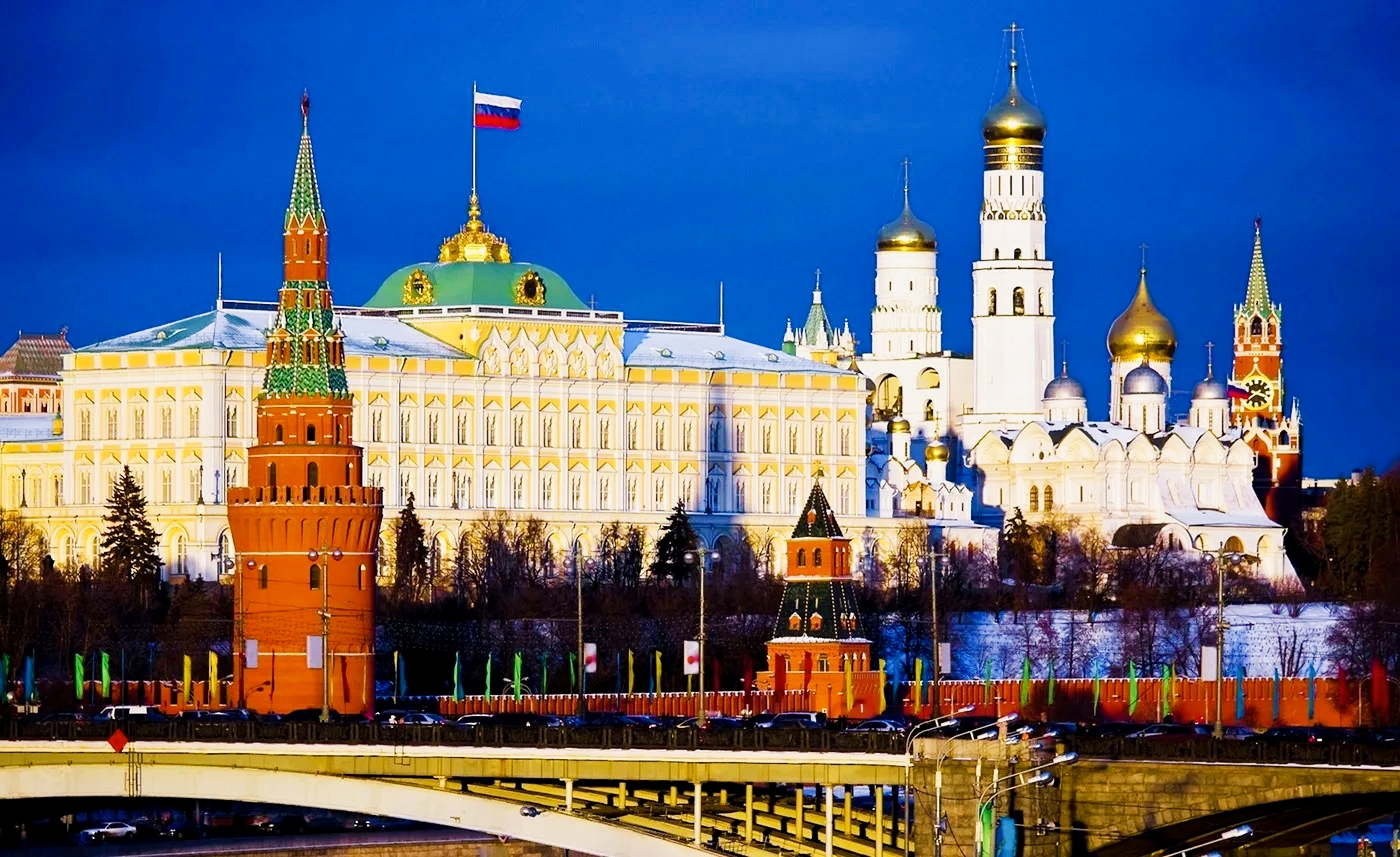Kremlin spokesman Dmitry Peskov stated that European powers are obstructing U.S. President Donald Trump's efforts to achieve peace in Ukraine, emphasizing that Russia will continue its military operations in Ukraine until Moscow sees tangible actions from Kyiv indicating its readiness for a peaceful settlement.
Peskov added in his remarks to Russian state media that the "European war party" continues to be an obstacle to American and Russian efforts aimed at resolving the Ukrainian crisis, noting that this party is committed to prolonging the conflict, which is completely contrary to the desire of both Russia and the United States for a peaceful resolution to the crisis.
In reference to the importance of American efforts, Peskov expressed Russia's gratitude to Trump for his serious attempts to find a peaceful solution to the Ukrainian crisis, considering those efforts "priceless."
However, Peskov confirmed that Moscow will continue the "special military operation" in Ukraine if no steps are observed from Kyiv towards achieving peace.
In a related context, a presidential summit took place between Russian President Vladimir Putin and his American counterpart Donald Trump on August 15 in Alaska, lasting more than three hours.
In the press conference that followed the meeting, Putin stated that resolving the Ukrainian conflict was the main topic of the summit, calling for more cooperation between the two countries.
While Trump announced progress in the talks, he indicated that some issues remain unresolved.
At the same time, Ukrainian President Volodymyr Zelensky urged the international community to exert more pressure on Moscow, emphasizing that a ceasefire is a prerequisite for starting peace negotiations. Zelensky also expressed in his evening video message his readiness to meet with Russian President Vladimir Putin to discuss ways to end the conflict.
On another note, Zelensky announced more planned meetings in Europe next week, which will see a strong response from the European Union, including a nineteenth round of sanctions against Russia, in an attempt to pressure Moscow to accept a diplomatic solution.
Thus, the Ukrainian crisis remains at a critical turning point, amid the complexities of international politics and conflicting interests among the main parties involved.

